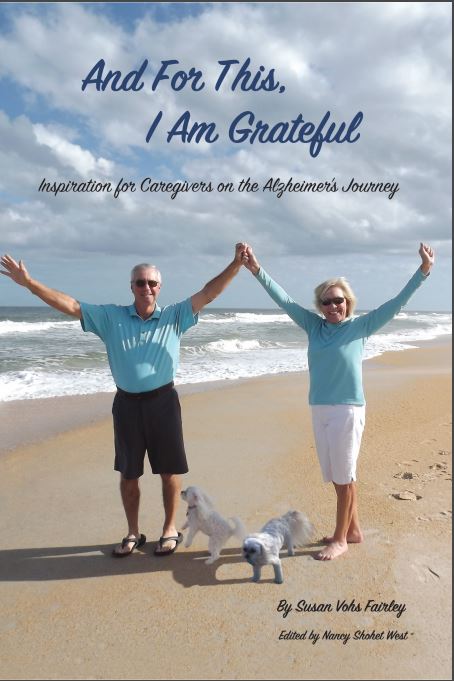I’d given the couple as well as the son a first draft about two weeks ago, and at this visit, they showed me their marked-up copy. I wasn’t surprised that they had a lot of edits. Much of the first half of their story involved their childhoods in China; I always look up what I can in hopes of accuracy with names and other proper terms, but I knew I hadn’t copied all of those names of rural villages and rivers correctly.
Moreover, the husband’s career involved development and innovation of complicated high-tech things like semiconductors, which are nearly as foreign to me as rural villages in China. So although I’d learned an enormous amount in the course of interviewing them, I knew they’d have numerous corrections to my work.
But as the couple, their son, and I together gazed over the one hundred or so manuscript pages I’d placed in a loose-leaf binder for them, they didn’t seem to focus on the number of handwritten corrections. Instead, their son said, “We never would have done this.”
His verb choice was what caught my attention. Not “We never could have done this” but “We never would have done this.”
I think he’s right. He didn’t say “We never could have done this” because, of course, they could have. Both his parents as well as his two siblings and himself all have impressive educational backgrounds and advanced degrees, either in engineering or business. Between the five of them, they’ve probably written hundreds if not thousands of pages of text: term papers, research papers, scientific white papers, proposals, contracts, articles.
But they probably would not have found the time to sit down and write the story of their parents’ lives. And this, I am coming to realize, is the authentic value of what I do. It’s not really that I’m a better writer or researcher or even listener than any of my clients. It’s that I’ve made a career out of finding the time to listen to people’s life stories, from their origins or even their ancestry right up to the present.
Last winter I met with a small number of local business leaders to get their feedback and opinions on my new memoir-writing venture. One of them, an entrepreneur in his seventies, said to me, “The main reason most people my age would tell you they’ll never write a memoir is that they can’t find the time.” Not that they can’t find the raw material or the writing aptitude; they just can’t imagine sitting down and doing it.
“We never would have done this,” said the client last week as he looked over the hundred or so pages representing his parents’ lives. They could have, but they probably wouldn’t have. I’m glad he asked me to step in. This is something I can do: write people’s stories. But it’s also something I will do: find the time to get it done.
Do you want your memoir committed to paper, or do you know someone who does? Contact Nancy here.

 RSS Feed
RSS Feed